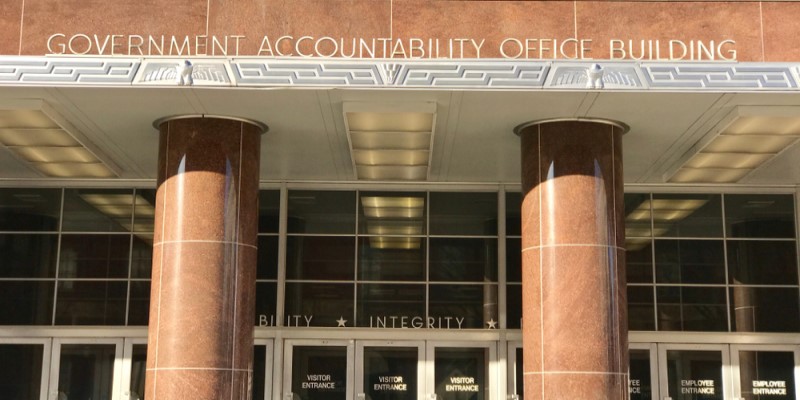
By Anayat Durrani
The U.S. Government Accountability Office (GAO) has completed a study on the EB-5 Investor Program and found that the U.S. Citizenship & Immigration Services stands to improve its fraud and national security risk monitoring of the program.
The GAO was tasked to review the EB-5 program and the report addresses the characteristics of EB-5 investors, the level U.S. Citizenship and Immigration Services collects data to monitor fraud and national security concerns, how USCIS assesses and addresses overall EB-5 fraud and national security risks.
Data from fiscal years 2016 through 2021 was reviewed by GAO and analyzed USCIS procedures and fraud and national security assessments. Agency officials and 15 of about 90 USCIS staff that adjudicate and investigate EB-5 petitions were also interviewed for the report.
Impact of the EB-5 Reform and Integrity Act
The report noted that within the USCIS, the Immigrant Investor Program Office has made efforts to evaluate and address EB-5 fraud and national security risks, but lacks readily available data about the forms and characteristics of EB-5 program fraud.
The March 2022 EB-5 Reform and Integrity Act gave the Immigrant Investor Program Office (IPO) the ability to deny applications and petitions and terminate Regional Centers in cases of fraud and national security concerns. But, the report notes, IPO does not have a process “to collect and assess reasons for petition and application denials or Regional Center terminations, including in cases where fraud or national security concerns were a factor.” The report states that developing a process would give IPO greater insight into how it is using its new authorities and help improve its fraud risk management.
Challenges with EB-5 data collection
IPO and IPO FDNS staff that were interviewed for the report identified several challenges encountered. These challenges include data-related problems and the length of time associated with investigating fraud referrals and vetting petitions for national security concerns.
The report noted that USCIS received just over 40,000 initial investor petitions (Form I-526) from fiscal years 2016 through 2021. The countries with the most petitioners were China, India, Vietnam and South Korea. Petition receipts during that time period from India, South Korea, and Mexico more than doubled.
In fiscal year 2021, the report noted, per USCIS data, that the number of EB-5-related investigations created, which include leads, cases, and national security concerns, comprised lower than 3 percent of pending petitions (I-526s and I-829s). The number of confirmed EB-5 fraud and national security concern cases comprised lower than 1 percent of pending EB-5 petitions (I- 526s and I-829s).
Impact of the GAO report on EB-5 industry
The findings in the report have led the GAO to recommend that USCIS collect and track data on the kinds of fraud occurring in the EB-5 program and develop a means to collect and assess the reasons why petitions and applications are denied and EB-5 Regional Centers terminated.
In 2015 and 2016, the GAO issued two reports on fraud and national security issues in the EB-5 program. The report said IPO and IPO Fraud Detection and National Security Directorate have worked to address fraud and national security risks related to the EB-5 program since 2016, such as compliance division and compliance reviews, CFIUS reviews, FDNS administrative site visit and verification program, training initiatives and checks for high-risk countries and entities.
The report was provided to DHS for review and comment. DHS provided comments agreeing with GAO’s recommendations and DHS mentioned their planned actions on how to address those recommendations.
From fiscal years 2016 through 2021, some 31,000 immigrant investors and their family members gained lawful permanent resident status via the EB-5 program.
DISCLAIMER: The views expressed in this article are solely the views of the author and do not necessarily represent the views of the publisher, its employees. or its affiliates. The information found on this website is intended to be general information; it is not legal or financial advice. Specific legal or financial advice can only be given by a licensed professional with full knowledge of all the facts and circumstances of your particular situation. You should seek consultation with legal, immigration, and financial experts prior to participating in the EB-5 program Posting a question on this website does not create an attorney-client relationship. All questions you post will be available to the public; do not include confidential information in your question.








